Interview
SARS have no respect for human rights — NOPRIN
Published
10 years agoon
By
Publisher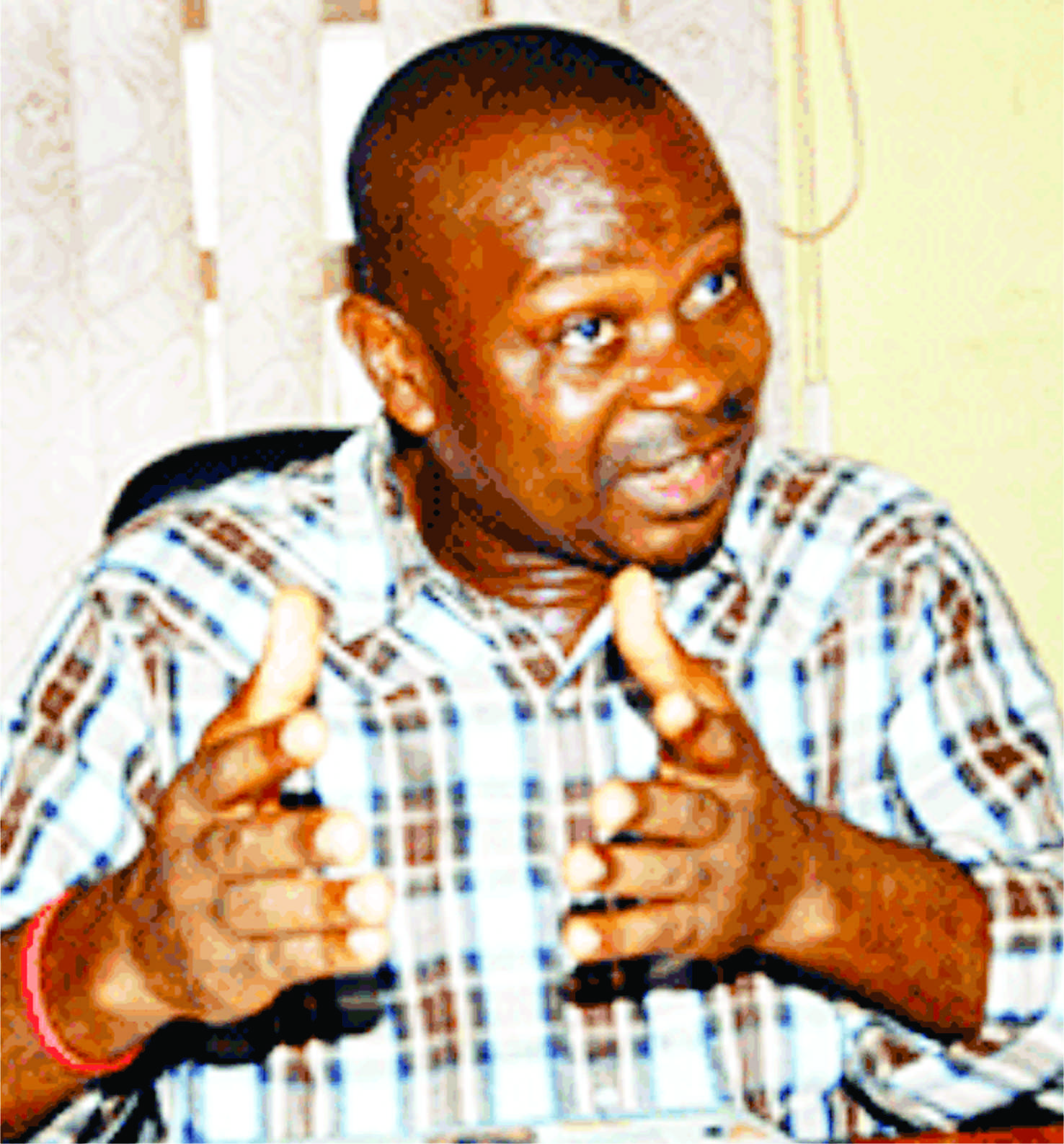
For some years, the Network on Police Reform in Nigeria (NOPRIN) has been committed to promoting police accountability and respect for human rights. In this interview with OKOSUN OKHUELEIGBE, the National Coordinator, (NOPRIN), Okechukwu Nwanguma, berated the Special Anti-Robbery Squad (SARS) for their human rights, especially their inclination to steal from suspects
HOW have you been able to operate under a system where most abuses are not reported?
Human rights abuses by the police are very wide spread. It is only few that get to our attention either through public complaints or through the media. I am sure that there are few more cases that don’t come to public attention. However, the proportion of cases that come to public attention are so overwhelming and it is becoming frustrating because every effort to make the police authorities address some of these cases seems to be hitting the brick walls because the police authority don’t deal with these complaints satisfactorily. As such, so many victims and their families hardly get redress or justice. There is also a situation where the entire system in the police dealing with abuses the Human Rights Commission and Police Service Commission are not able to deal with some of these abuses. It is becoming so frustrating. The best we have been able to do at the moment is to document these things and publicize them. The idea is that through publicity, it will get the attention of the authority and would be compelled to deal with them. We still have not been able to get justice in most of the cases that come to our attention.
How many abuses have you been able to deal with in the last couple of years?
That is our challenge talking about cases successfully dealt with. You expect that we bring these cases to the authority, investigate and identify the perpetrators and bring them to book by way of charging them to court and prosecuting them for abuses thereby guaranteeing remedy and justice for victim. In every 10 cases that come to our attention, we have not been able to get maximum justice in one case.
Is it frustration from the police or who?
Yes. It is problem within the police system. What we do is to write petitions to the IGP in cases where we think the Commissioner of Police might not be able to deal with them. In most cases, we found out that Commissioners of Police at the state level are reluctant to address these cases. Looking at the pedigree of the IGP and his commitment to ensuring a reduction in abuse, we often send petitions to him. The best we have got is to send the petition to State command to investigate. We don’t often get anything after that. We have example of one Afam Nwezede, who was arrested by SARS in Lagos on January 17, 2015 on allegation of possessing of AK 47 rifle but the police later changed the story to being an informant to a kidnapped kingpin. Under the context of the law, a suspect is innocent until convicted. What the police do particularly the SARS is to presume them guilty, denied them all the legal rights to family, lawyer or medical needs. Ones they take such people into their custody, they disappear.
Some of these people arrested indiscriminately are dumped in cell; some get killed in most cases. Have you done anything about that?
We have a project,“Monitoring, Documenting and Publicising cases of police abuse.” The reason we started it was because of the frustration we get from the police to address incessant killings, torture and extra judicial killings and corruption. We thought by making it public, it would put the authority on their toes. Unfortunately, we found out that nothing seems to be changing. In the last two years, we have documented over 170 cases of police arbitrary arrest, unlawful detention, torture, extrajudicial killings and disappearances. We have organised periodic press conferences to publicise these cases; we have done petitions to the authorities of cases of torture; unlawful law enforcement approaches leading to innocent people being killed. I think it calls for urgent intervention from the political authorities.
How can you as an NGO make police accountable for these rights abuses?
I can tell you that there are few occasions we have been able to intervene and get people released from detention. In some cases involving SARS, you found out that SARS operate as if they are above the law. What we do is to engage directly with the inspector-general of police. He has admitted that these problems exist and has often asked us to draw his attention to these cases when it comes to our attention. In many cases, before the IGP steps in, these victims would have been killed already. They have cases currently been investigated. At the Police Service Commission, we have a personality like Mike Okiro, who has case hanging on his neck. How can you have a person that once celebrated the killing over suspect in the custody? We have a commission that have abandoned discipline within the police and respect for human right.
At NOPRIN, would you say your intervention has had some impact on the police?
I would say, yes. Reason being that most times we intervene in cases; we have been able to get the police to respect the right of victims. Through such intervention, we get people released especially when such a person has no case to answer.
How do you describe a police system that arrest citizens, dump them in the cell, kill them in most cases, collect their ATM with pin numbers, and liquidate their account?
That type of police is predatory police. It is armed robbery. The police are set up by law to enforce the law and they can’t go outside the law to enforce the law. How do you define a police that arrest an alleged armed robber, go to the suspected robber’s house to cart away property without establishing any link between the alleged crime and those properties? They go to the extent of taking the suspect to the bank; compelled him/her to withdraw every kobo in the account and take such money without any order of court. We have a case where the police didn’t only take the suspect to the bank but did the same thing to the wife by collecting her ATM card and forced her to reveal the pin numbers and liquidated her account. I don’t know if this is part of police investigation? This is clear robbery. These moneys and properties are not taken to court as exhibits, they share it. They rob the so called robber they arrest. SARS is more notorious for this. What they are doing is clear armed robbery.
In few words, what should the present IGP do to change the intimidating attitude of the police towards fellow citizens?
The whole thing about police’s attitude, the violent way they relate to the public and misuse of fire arms boils down to training. Police recruits anyhow with a badly trained workforce that is prone to violence and corruption. As we speak, there are certain conditions to be met to be recruited but these are circumvented. All background checks —-criminal record, mental state, physical fitness and age—are ignored. What they do is to collect money and bring all manners of criminals into the police force. Obasanjo once said it that recruitment have been so compromised that criminals and armed robbers have found their way into the police. When they are eventually recruited, what training are they given? It is all about drill. In their barracks, they live in squalor and unkempt environment. The kinds of dehumanisation they are subjected to affect their psychology and they take out on members of the public.
What should be done?
There is the need to arrest recruitment process, training to include human rights and social science contents. Rehabilitate police barracks so that they would live like human beings and not like animals. You can’t give what you don’t have.
You may like
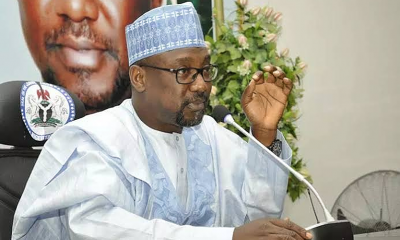

Niger governor signs N243bn 2023 appropriation bill into law


Buni signs 2 health care bills into law


Ortom signs N179bn 2023 budget into law
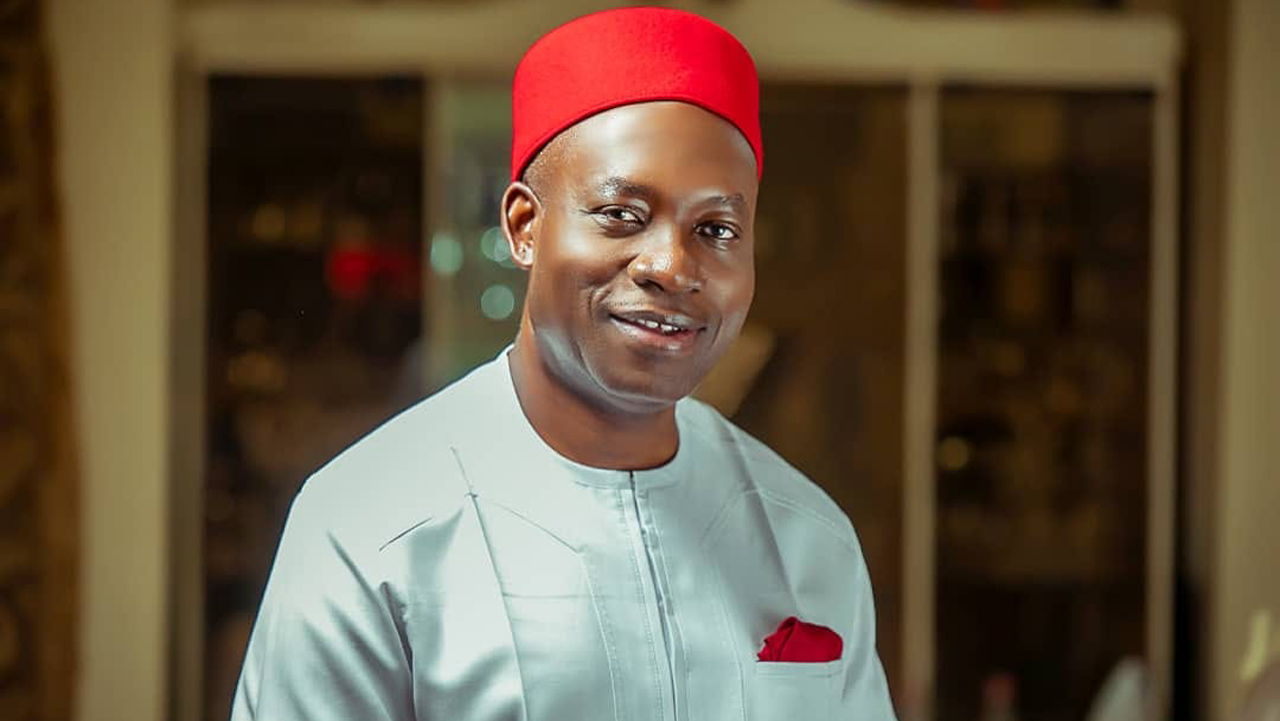

Soludo signs 2023 budget of N259bn into law.
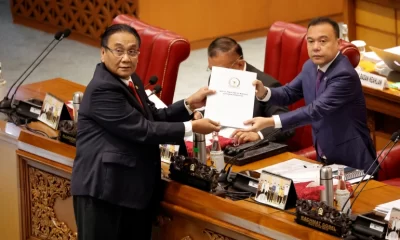

The Indonesian parliament passes a new law outlawing sex before marriage
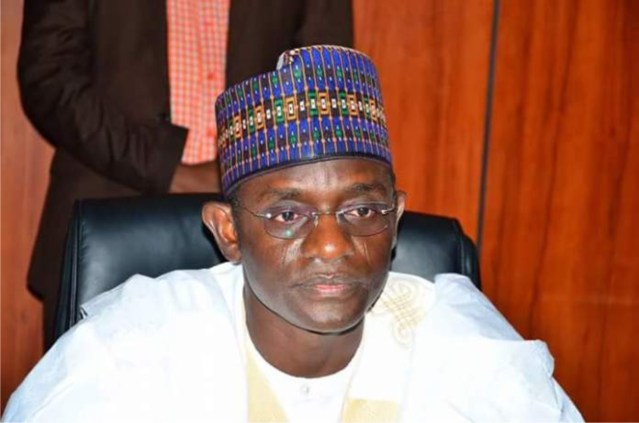

NGO lauds Yobe Govt. for passing Child Rights Act into law
Trending

 Health5 days ago
Health5 days agoDeclassified CIA memo explored concealing mind-control drugs in vaccines

 Entertainment7 days ago
Entertainment7 days agoSimi addresses resurfaced 2012 tweets amid online backlash

 Crime6 days ago
Crime6 days agoSenior police officers faces retirement after Disu’s appointment as acting IGP

 Education1 week ago
Education1 week agoPeter Obi urges JAMB to address registration challenges ahead of exams

 Health1 week ago
Health1 week agoNAFDAC issues alert on suspected revalidated SMA Gold infant formula

 Comments and Issues6 days ago
Comments and Issues6 days ago20 Critical Fixes to Save Nigeria’s Democracy from Electoral Fraud

 Football7 days ago
Football7 days agoMartínez ruled out of Everton clash with calf injury

 Latest6 days ago
Latest6 days agoICPC yet to respond to El-Rufai’s bail request as arraignment date looms

